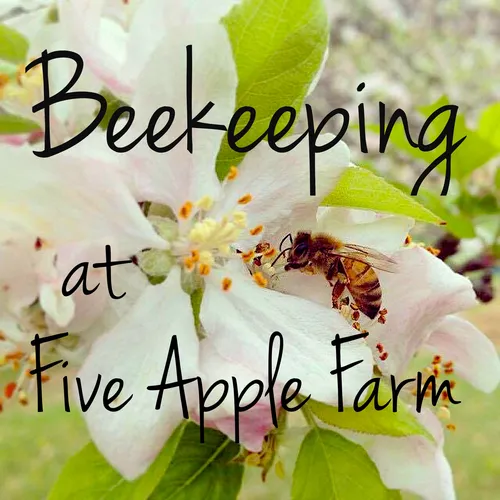Ep 139 Pollen! A deeper dive
- Author
- Leigh Wilkerson
- Published
- Thu 04 Sep 2025
- Episode Link
- https://fiveapple.podbean.com/e/ep-139-pollen-a-deeper-dive/
Hope you enjoy this podcast geek out on pollen and its uses in the hive and how critical it is to the colony's success.
Patrons: If you have any portions you would enjoy knowing more about, just let me know and I'll share the links to the sites and presentations I used to research this episode!
Wishing you all a beautiful Fall season, a generous fall nectar and pollen flow in your area, and fat bees being raised for winter!
kind regards, Leigh
--
https://www.patreon.com/fiveapple
Not a patron yet? You are warmly invited to become a Friend of Five Apple on Patreon to join the folks who make the podcasts possible, who keep the archives available and who keep it all advertising-free.
In addition to huge gratitude, you get:
• Detailed show notes with links, tips, comments
• Access to Patreon blog posts including tips and videos
• occasional bonus podcasts and early access episodes
• Commenting on posts (and DMs) allows me to answer questions
• Input on the podcast topics
• Shout-outs on the show because I appreciate you!
If you can support the show with $3 a month or more, please sign up today: https://www.patreon.com/fiveapple
About Beekeeping at Five Apple:
Leigh keeps bees in the Blue Ridge Mountains of North Carolina (gardening zone 6b). She cares for around a dozen hives in a rural Appalachian highland climate. Colonies are managed for bee health with active selection for vigor, genetic diversity and disease resistance, but without chemical treatments for over a decade. The apiary is self-sustaining (not needing to buy/catch replacement bees since 2010) and produces honey and nucs most every year.
